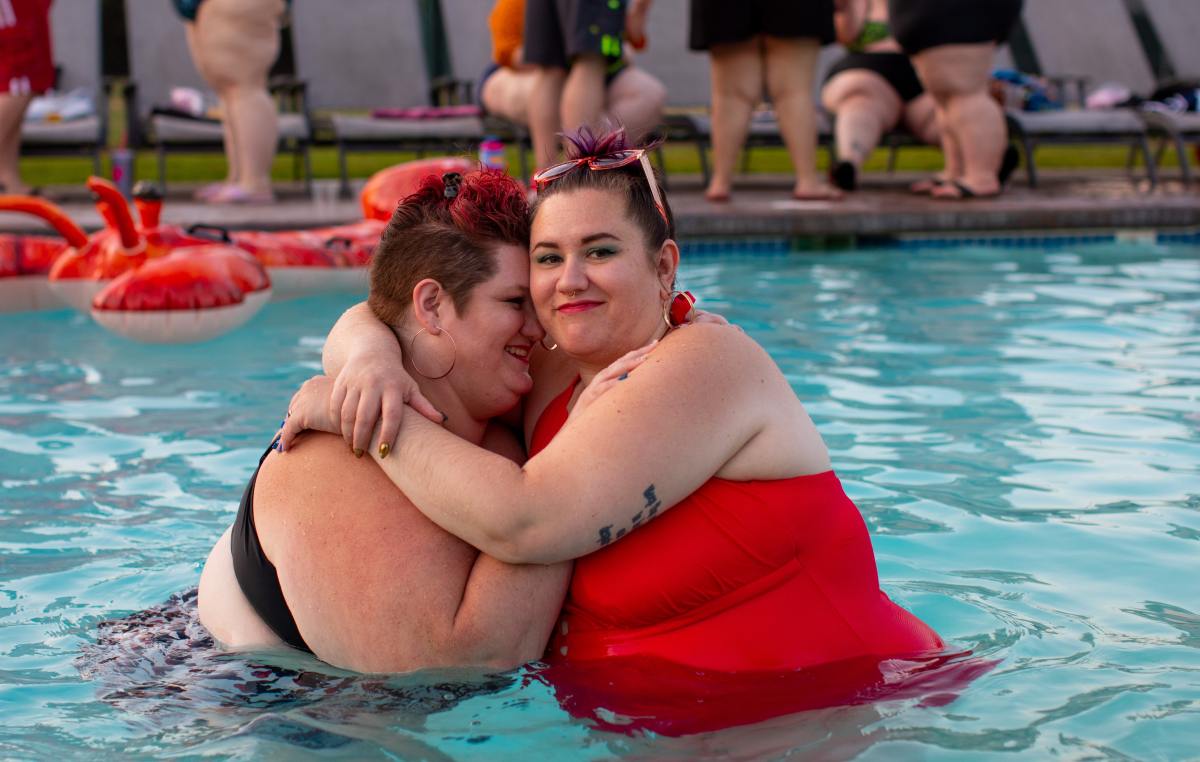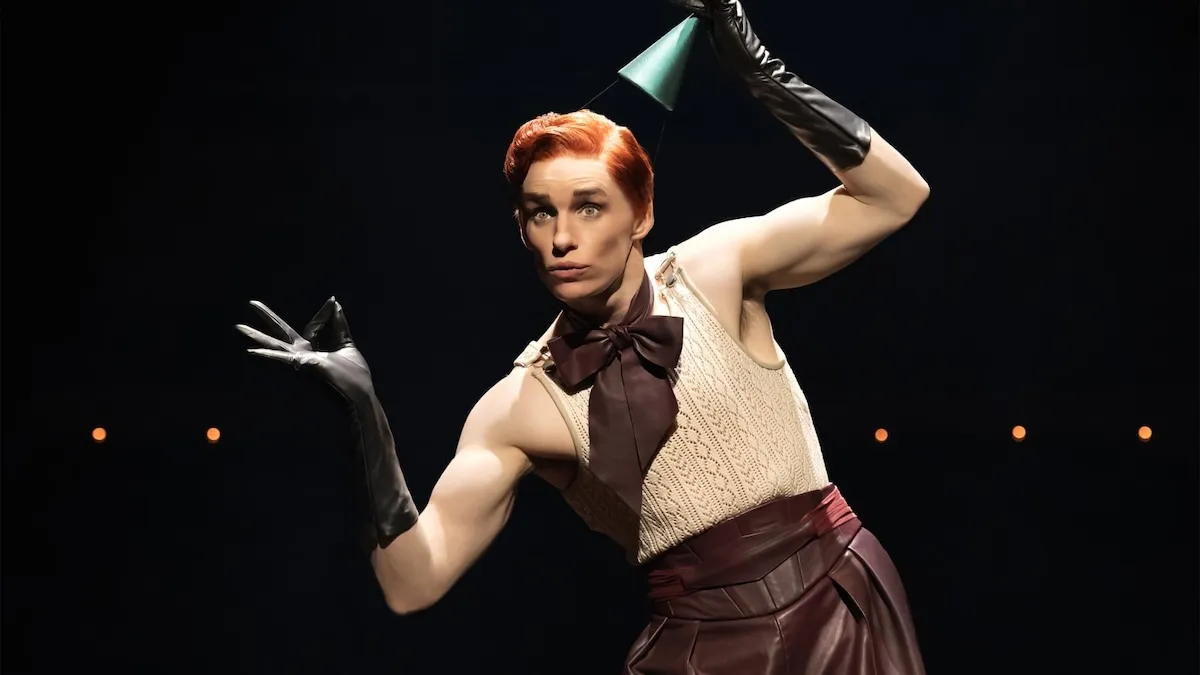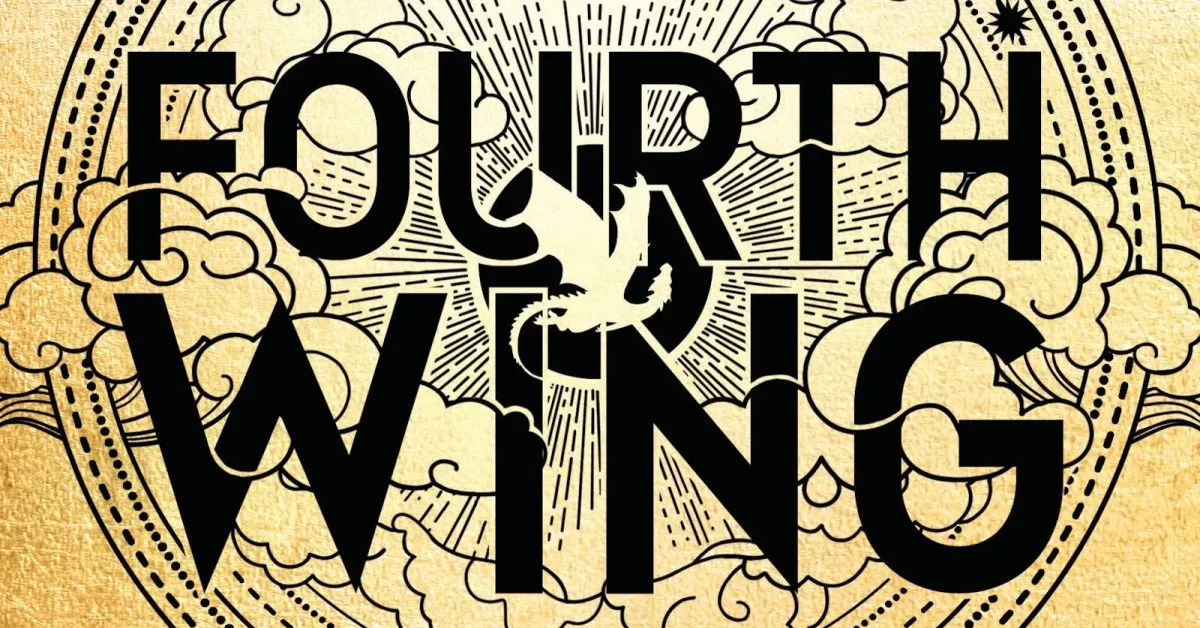Earlier this week, queer culture website Autostraddle published an advice column from senior writer and editor Heather Hogan, in which she responded to a letter from a reader seeking advice for how to patch things up with their girlfriend after they made a cruel comment about her weight gain. The post is titled “You Need Help: You Fat-Shamed Your Beautiful Girlfriend,” and it reprints the reader’s letter in full, followed by Hogan’s advice. Now the article has gone viral, and people who are unfamiliar with Autostraddle are (amusingly) using it as evidence for why straight men are terrible.
Unfortunately, fatphobia isn’t restricted by gender, sexuality, or race.
In the letter sent to Autostraddle, the reader describes how their girlfriend has gained “a lot of weight.” The reader—“a self-proclaimed body positive person” who says they “follow fat activists on social media” and “have worked hard to fight the fatphobia” they’ve learned—misses the way their girlfriend looked when she was thinner. They feel less physically attracted to her now, and when she asked them point-blank if this was the case, they told the truth and said “yes.”
The letter ends, “Obviously, she was devastated. And now I feel even worse and even more ashamed. I feel like a hypocrite and a horrible person. I guess my question is, how can I revive some of that physical attraction? How can I be less of a fatphobic asshole? And was it wrong for me to be honest about my feelings?”
Hogan’s response is absolutely on-point. She writes, in part, “I’m going to be completely honest: If your girlfriend wrote into this column with this story, I would tell her she should break up with you. Not because you were ‘honest about your feelings,’ but because gaining and losing weight, over and over and over, is part of nearly everyone’s life. It is so inconsequential in the vast tapestry of existence, and if getting fatter over the course of nine short months throws you into this kind of tailspin where you find yourself not only unattracted to her, but you feel honor-bound to tell her so, how are you going to handle it when the really hard stuff happens?”
She also points out that the reader focuses almost entirely on themself in their letter. The only thing they actually say about their girlfriend is that she’s gotten fatter—which Hogan notes is neither an inherently bad thing, nor is it something that should make a relationship fall apart. She uses her own relationship with her wife (and her struggle with Long COVID, which has changed her body in myriad ways) to illustrate a healthy response to weight gain. Hogan also recommends books for the reader, including Da’Shaun L. Harrison’s Belly of the Beast: The Politics of Anti-Fatness as Anti-Blackness and Kiese Laymon’s Heavy: An American Memoir. Additionally, Hogan cites the podcasts Maintenance Phase and Unsolicited: Fatties Talk Back, as just a few tools for understanding and unlearning fatphobia.
Although the letter itself is, frankly, gross in several ways, Hogan’s response is great. She calmly informs the reader how they’ve gone wrong and how to fix their heart. Not so they can patch things up with their girlfriend, who would probably be better off with someone who doesn’t measure their attraction to her by her size, but so they can truly begin to dismantle their fatphobia. That takes a lot more work than simply following fat activists on social media—a good first step, but certainly not the only thing required to unlearn the “thin supremacy” edict of diet culture.
Unfortunately, there’s a large group of social media users whose own fatphobia is rampant in their replies to Hogan’s column. And then, as mentioned above, there are a fair number of people who believe this letter is written by a straight man.
Autostraddle community editor Vanessa Friedman tweeted about the latter: “absolutely obsessed with an advice column from a queer website going viral & people unfamiliar with Autostraddle responding ‘this is why straight men suck!!!,’ entirely missing the part where… a straight man is not present in the equation at all.” In a reply to her own tweet, Friedman notes, “spoiler: people of all genders and sexualities can be fatphobic!” She also remarks, “tbh being the editor of the column in question, while also being a fat girl, has made for a really stressful and upsetting week, so i am taking my chuckles where i can get them and this is cracking me up in its absurdity and bleakness!”
Friedman isn’t the only person who’s been affected by the reader’s letter or the fatphobes backing up its writer and their frankly shameful behavior. She has every right to laugh, especially if it means protecting her peace. It’s hard enough to avoid fatphobic comments on social media on an average week. A piece like this going viral basically makes seeing fatphobia on your timeline an inevitability. It’s… exhausting.
The response to the column further illustrates that fatphobia can come from anyone, anywhere, anytime. We are all taught to believe diet culture’s lie that fatness is a problem to be fixed and that fat people don’t deserve even basic human decency. Plenty of fat (and non-fat) folks are doing the work to change this perception, from Lizzo highlighting plus-size dancers in her stage shows; to the authors who focus on fat protagonists in their work; to the creators behind the three-season Hulu series Shrill (based on Lindy West’s memoir of the same name); to reporter Michael Hobbes, whose 2018 article “Everything You Know About Obesity Is Wrong” dismantles tons of myths about fatness.
Anti-fat bias is everywhere. So if taking a moment to laugh about how quick people are to assume a straight man has written into an advice column about fat-shaming his girlfriend is the only reprieve we get for a moment, then so be it.
(image: AllGo – An App For Plus Size People / Unsplash)
Want more stories like this? Become a subscriber and support the site!
—The Mary Sue has a strict comment policy that forbids, but is not limited to, personal insults toward anyone, hate speech, and trolling.—








